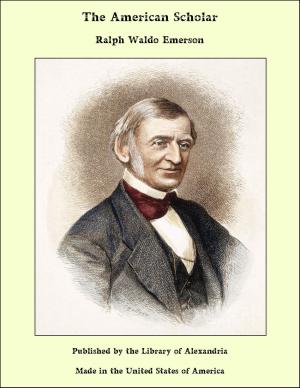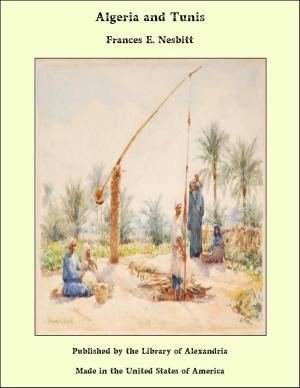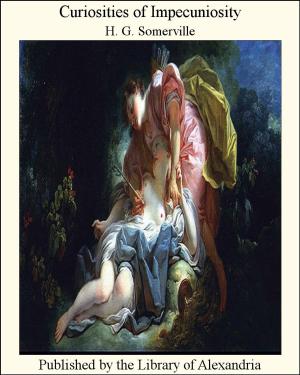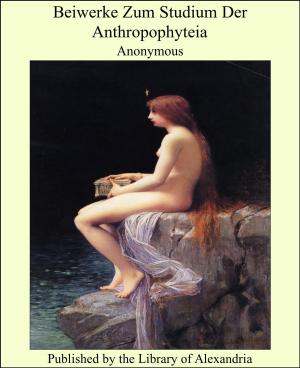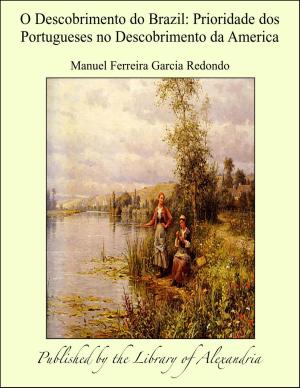St. Augustin: Exposition on the Book of Psalms
Nonfiction, Religion & Spirituality, New Age, History, Fiction & Literature| Author: | St. Augustine | ISBN: | 9781465541185 |
| Publisher: | Library of Alexandria | Publication: | March 8, 2015 |
| Imprint: | Language: | English |
| Author: | St. Augustine |
| ISBN: | 9781465541185 |
| Publisher: | Library of Alexandria |
| Publication: | March 8, 2015 |
| Imprint: | |
| Language: | English |
The delightful task of editing these Enarrations, which was what I undertook, became, indeed, a very painful one when the general editor informed me that the whole work must be comprised in a single volume of the series. This allowed but one hundred pages to each one of the six volumes of the Oxford translation. But I felt that my learned friend was right in deciding that St. Augustin’s treatment of the Psalms must not be wanting to the series, and that the exposition is so diffuse and digressive, that it readily admits of abridgement, if these exceptional features supply the material for retrenchments. In working out the result, I have “done what I could.” I have preserved the African Psalter entire, with as much of the comment as was possible; even so overrunning, at the publishers’ cost, the six hundred pages which were all subscribers might expect. The only means of avoiding this was to omit entirely the CXIXth Psalm, an expedient to which I could not consent. To the primitive believers came the Psalter, like an aftermath, wet with the dews of a new birth as from the womb of the morning. The Spirit had descended upon it anew, as showers upon the mown grass; and it had sprung up afresh, sweeter than before, for the pasture of flocks. The Church received it as full of Christ, as the inheritance of a nobler and truer Israel, for which His coming had illuminated it with a genuine interpretation, painting even its darker and clouded surfaces with the bow of promise, now made the symbol of an everlasting covenant and of all promises fulfilled in Him.
The delightful task of editing these Enarrations, which was what I undertook, became, indeed, a very painful one when the general editor informed me that the whole work must be comprised in a single volume of the series. This allowed but one hundred pages to each one of the six volumes of the Oxford translation. But I felt that my learned friend was right in deciding that St. Augustin’s treatment of the Psalms must not be wanting to the series, and that the exposition is so diffuse and digressive, that it readily admits of abridgement, if these exceptional features supply the material for retrenchments. In working out the result, I have “done what I could.” I have preserved the African Psalter entire, with as much of the comment as was possible; even so overrunning, at the publishers’ cost, the six hundred pages which were all subscribers might expect. The only means of avoiding this was to omit entirely the CXIXth Psalm, an expedient to which I could not consent. To the primitive believers came the Psalter, like an aftermath, wet with the dews of a new birth as from the womb of the morning. The Spirit had descended upon it anew, as showers upon the mown grass; and it had sprung up afresh, sweeter than before, for the pasture of flocks. The Church received it as full of Christ, as the inheritance of a nobler and truer Israel, for which His coming had illuminated it with a genuine interpretation, painting even its darker and clouded surfaces with the bow of promise, now made the symbol of an everlasting covenant and of all promises fulfilled in Him.
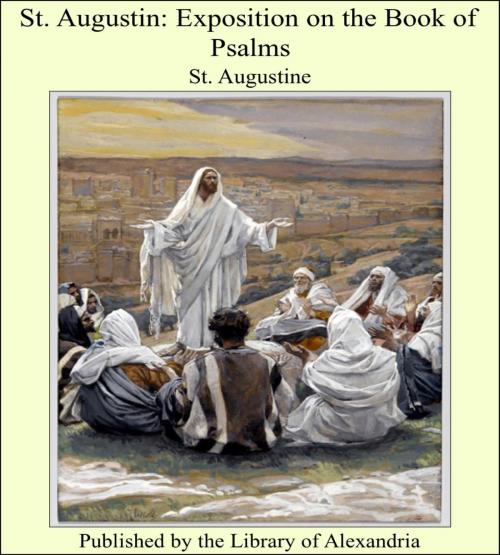
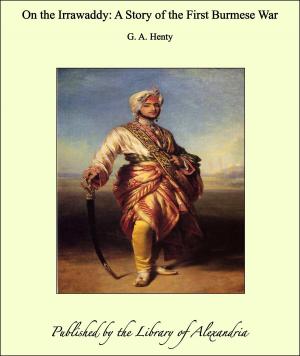
![Cover of the book The Soil [La terre] by St. Augustine](https://www.kuoky.com/images/2015/march/300x300/9781465618849-QOtb_300x.jpg)
